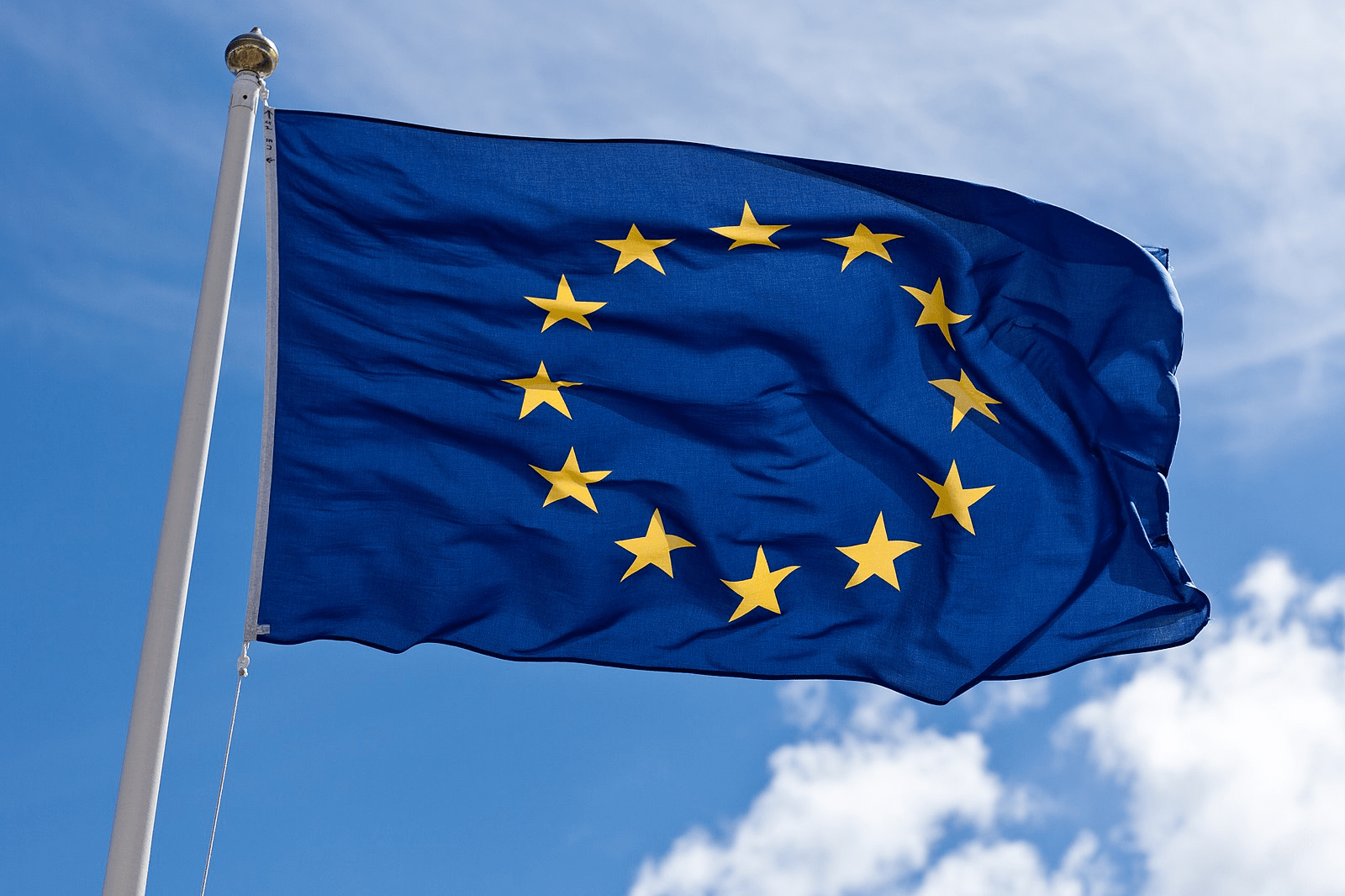In a press release issued today, the European Commission (EC) announced that it has fined Apple €500 million for violations of the EU’s Digital Markets Act. The EC also fined Meta €200 million.
The EC’s press release explains that:
Under the DMA, app developers distributing their apps via Apple’s App Store should be able to inform customers, free of charge, of alternative offers outside the App Store, steer them to those offers and allow them to make purchases.
The Commission found that Apple fails to comply with this obligation. Due to a number of restrictions imposed by Apple, app developers cannot fully benefit from the advantages of alternative distribution channels outside the App Store. Similarly, consumers cannot fully benefit from alternative and cheaper offers as Apple prevents app developers from directly informing consumers of such offers. The company has failed to demonstrate that these restrictions are objectively necessary and proportionate.
In addition to the fine, the EC has ordered Apple:
…to remove the technical and commercial restrictions on steering and to refrain from perpetuating the non-compliant conduct in the future…
The Commission also closed its investigation into Apple’s user choice obligations under the DMA, finding that the company’s browser choice screen and interface for setting new default apps to satisfy the DMA’s requirements.
An unnamed Apple representative speaking to CNN criticized the fine:
A representative for Apple said the fine is “yet another example of the European Commission unfairly targeting” the company and forcing it to “give away (its) technology for free.” It added that it plans to appeal the decision.
We have spent hundreds of thousands of engineering hours and made dozens of changes to comply with this law, none of which our users have asked for. Despite countless meetings, the Commission continues to move the goal posts every step of the way.
The EC’s fines aren’t surprising given the long history and tenor of the investigation. What remains open as a point of potential future disputes is Apple’s compliance with the EC’s new order. As stated by its representative to CNN, Apple also plans to appeal today’s decision.



